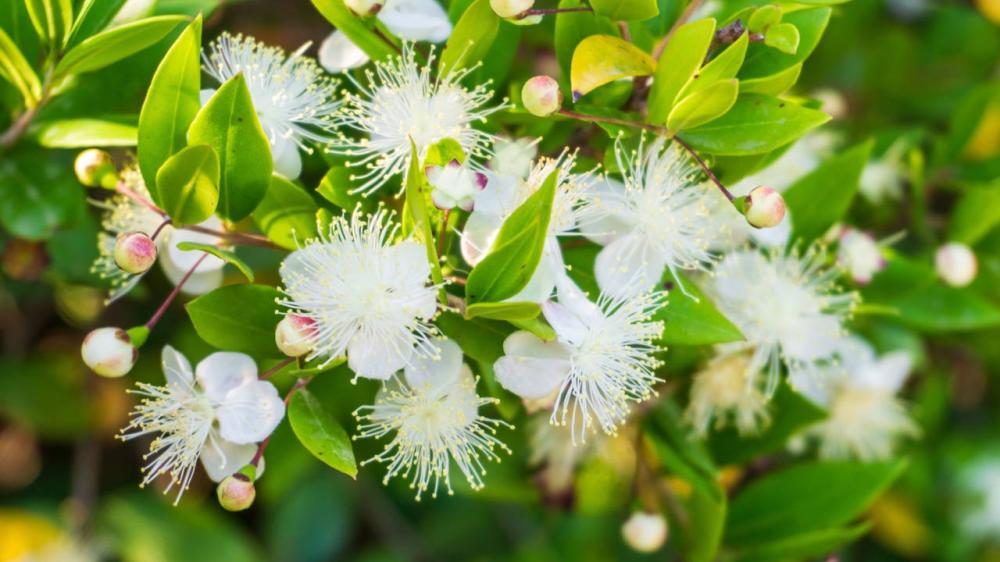The order Ascidiacea is a group of marine organisms known as the genus of chordates, and is part of the class Tunicata. Also known as sea plovers or marine worms, they are characterized by their ability to filter and feed on the water surrounding them. In this article, we will review the most important biological and environmental characteristics of these organisms and their importance in the marine ecosystem.
Biological properties
Aces have a sac-like body encased in an outer layer called a tunic, which is made of a cellulose-like material. The body has two mouths, one to absorb water and the other to expel excess water, which helps it in the process of feeding and breathing. Water laden with plankton and food makes its way through the first mouth to the digestive system, where the food is filtered.
Reproduction
Acetes reproduce in multiple ways, including sexual and asexual reproduction. In sexual reproduction, eggs and sperm are released into the water where fertilization occurs. Some species have paired (hermaphroditic) reproductive organs, allowing them to self-fertilize. In asexual reproduction, it occurs through fission or budding, which allows individual plants to grow and reproduce quickly.
Environmental importance
Acids play an important role in the marine ecosystem as natural filters. They help in purifying water from small particles and organic matter, improving water quality and reducing pollution levels. In addition, asters are part of the marine food chain, with many other marine organisms such as fish and invertebrates feeding on them.
Human uses
Aceae have gained great interest in scientific research due to their remarkable abilities and unique biological properties. They are used in biological studies of embryonic development and growth due to their genetic similarity to vertebrates. It is also being studied to understand biological filtration and purification mechanisms, which may help in developing water purification technologies.
Challenges and preservation
Asians face multiple environmental challenges as a result of pollution, climate change and habitat destruction. Human activities such as overfishing and marine pollution contribute to the decline in their numbers and the deterioration of their natural habitats. Therefore, it is important to take measures to protect these organisms and preserve their marine environments.
Conclusion
The order Aceae is a vital marine organism that plays an important role in the ecosystem. Through their role as natural filters and a food source for other organisms, they contribute to maintaining the balance of the marine environment. Its uses in scientific research also enhance our understanding of the mechanisms of evolution and marine biology. Therefore, it is necessary to take measures to protect them and ensure the sustainability of their natural environments.

